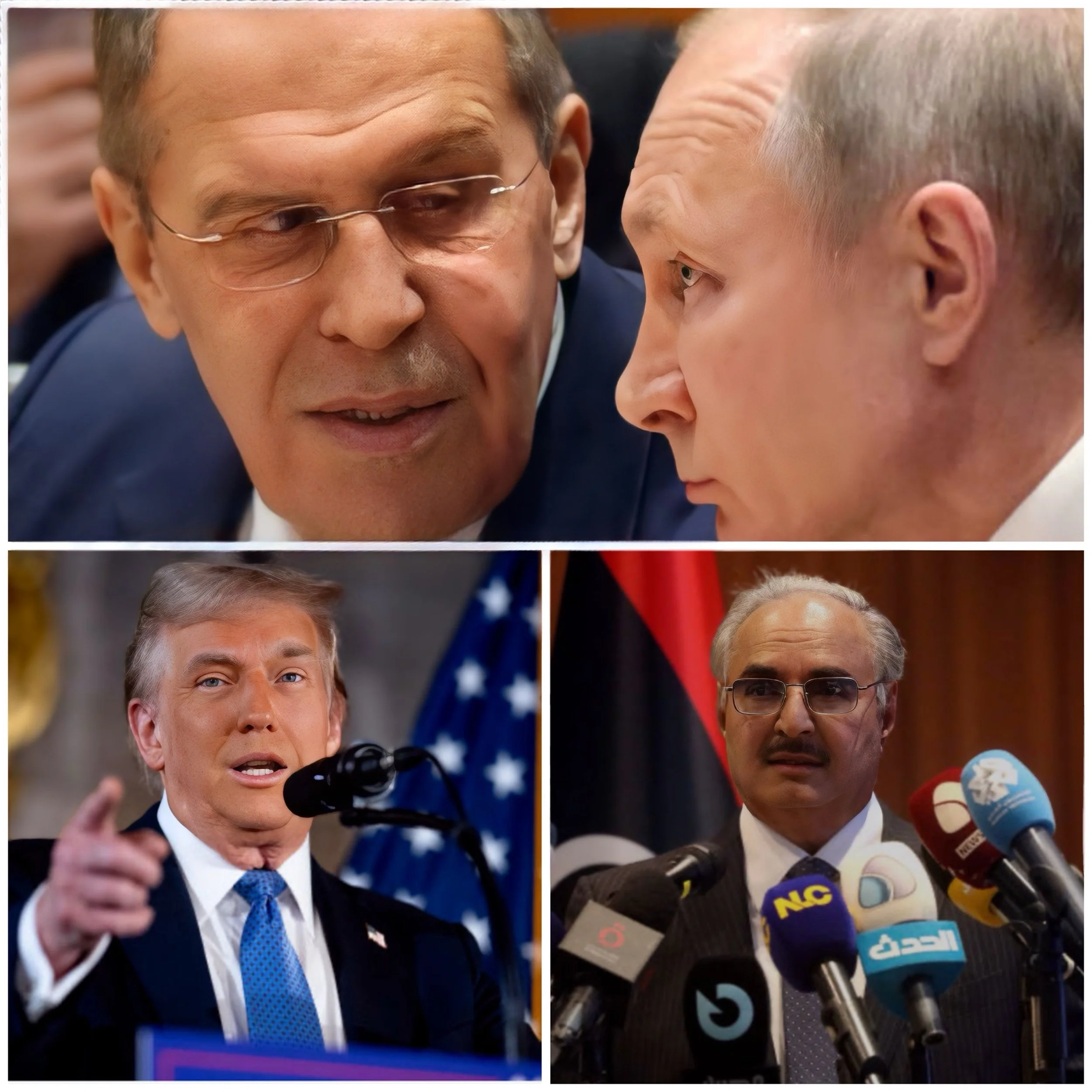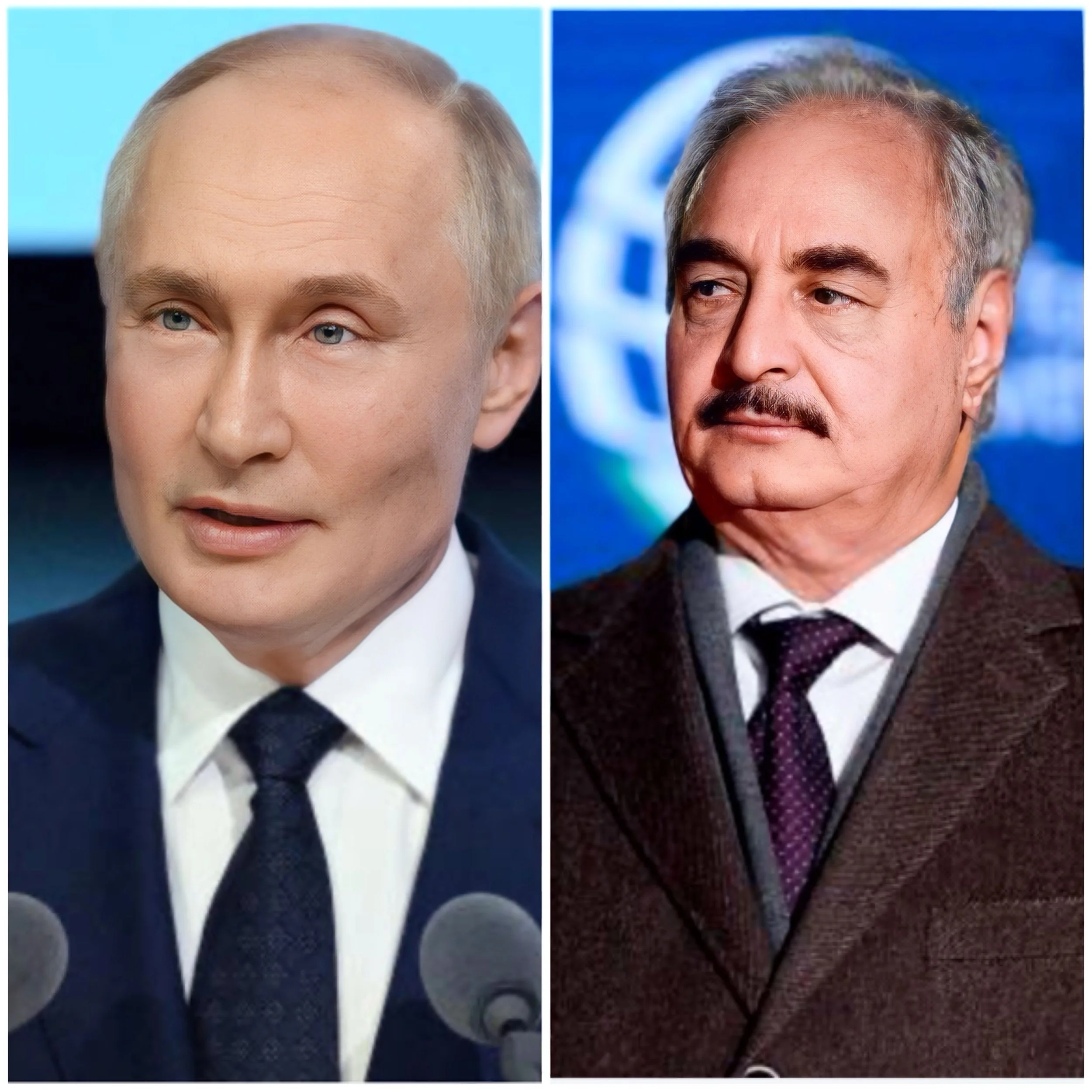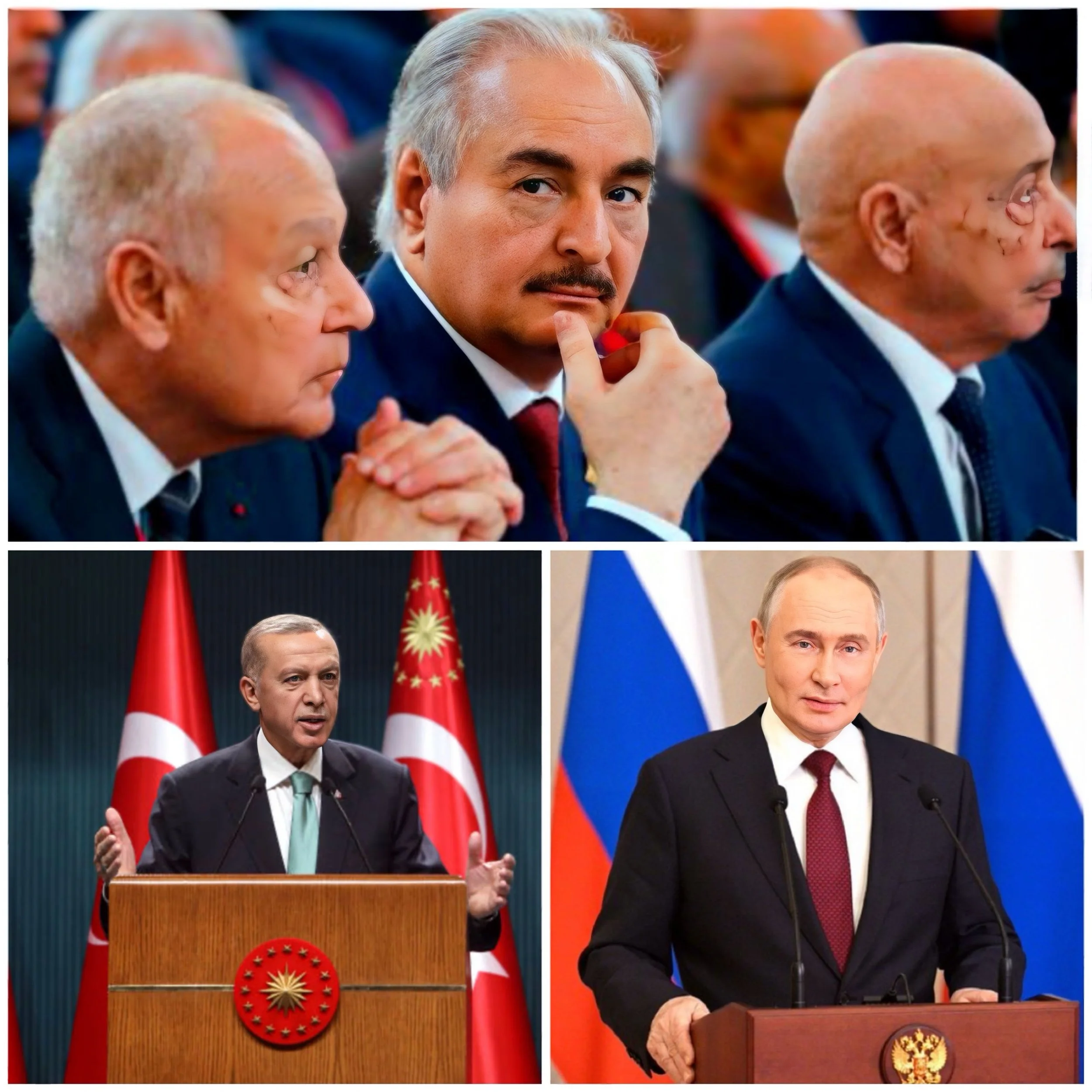How does Haftar's relationship with the US compare to his ties with Russia
Introduction
Khalifa Haftar’s relationships with the United States and Russia are markedly different, with his ties to Russia being significantly stronger and more supportive of his position in Libya.
Relationship with Russia
Haftar’s connection with Russia is characterized by:
Strong Military Support: Russia has provided substantial military aid to Haftar’s Libyan National Army (LNA), including:
Weapons and military equipment
Deployment of Wagner Group mercenaries
Training for LNA forces
Diplomatic Backing: Russia has shown increasing diplomatic support for Haftar:
High-level meetings with Russian officials, including President Putin and Defense Minister Shoigu
Russia’s insistence that Haftar must have a role in Libya’s leadership
Strategic Partnership: Russia views Haftar as a key ally in its broader geopolitical strategy:
Using Libya as a springboard for power projection in North Africa
Securing access to Libya’s oil reserves and strategic ports
Relationship with the United States
In contrast, Haftar’s relationship with the U.S. is more complex and less supportive
Historical Ties
Haftar had connections with the U.S. in the past, including:
Alignment with U.S.-supported opposition groups in the late 1980s
Residence in the U.S. under a refugee program
Shifting U.S. Stance: The U.S. position on Haftar has been inconsistent:
Initial opposition to Haftar’s military offensive against Tripoli
A sudden shift under the Trump administration, with Trump recognizing Haftar’s role in fighting terrorism
Recent Diplomatic Efforts: The U.S. has made attempts to engage with Haftar:
High-level visits by CIA Director William Burns and Assistant Secretary of State Barbara Leaf
Efforts to persuade Haftar to cut ties with Russia and support elections
Lack of Substantial Support
Unlike Russia, the U.S. has not provided significant military or financial backing to Haftar
Key Differences
Level of Support
Russia provides tangible military and political support, while U.S. engagement is primarily diplomatic.
Strategic Alignment
Haftar’s goals align more closely with Russian interests in the region.
Consistency
Russia has maintained consistent support for Haftar, while U.S. policy has been more erratic.
International Positioning
Russia’s backing of Haftar challenges U.S. influence in Libya and the broader region.
Conclusion
Haftar’s relationship with Russia is characterized by strong, consistent support and strategic alignment, while his ties with the U.S. are more tenuous and marked by diplomatic efforts to reduce Russian influence. This disparity has significant implications for the balance of power in Libya and the wider geopolitical landscape of North Africa.





